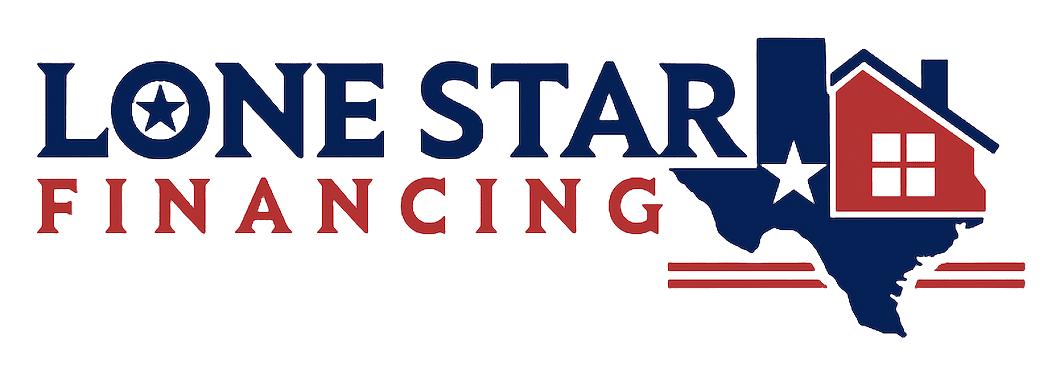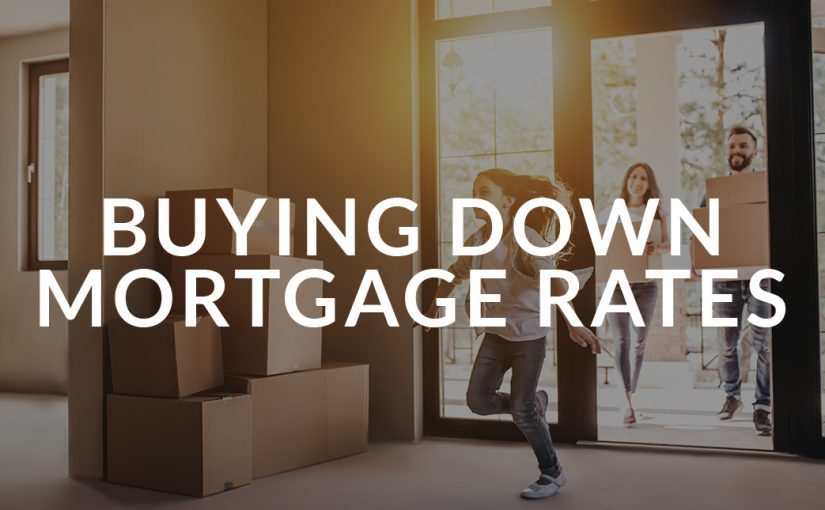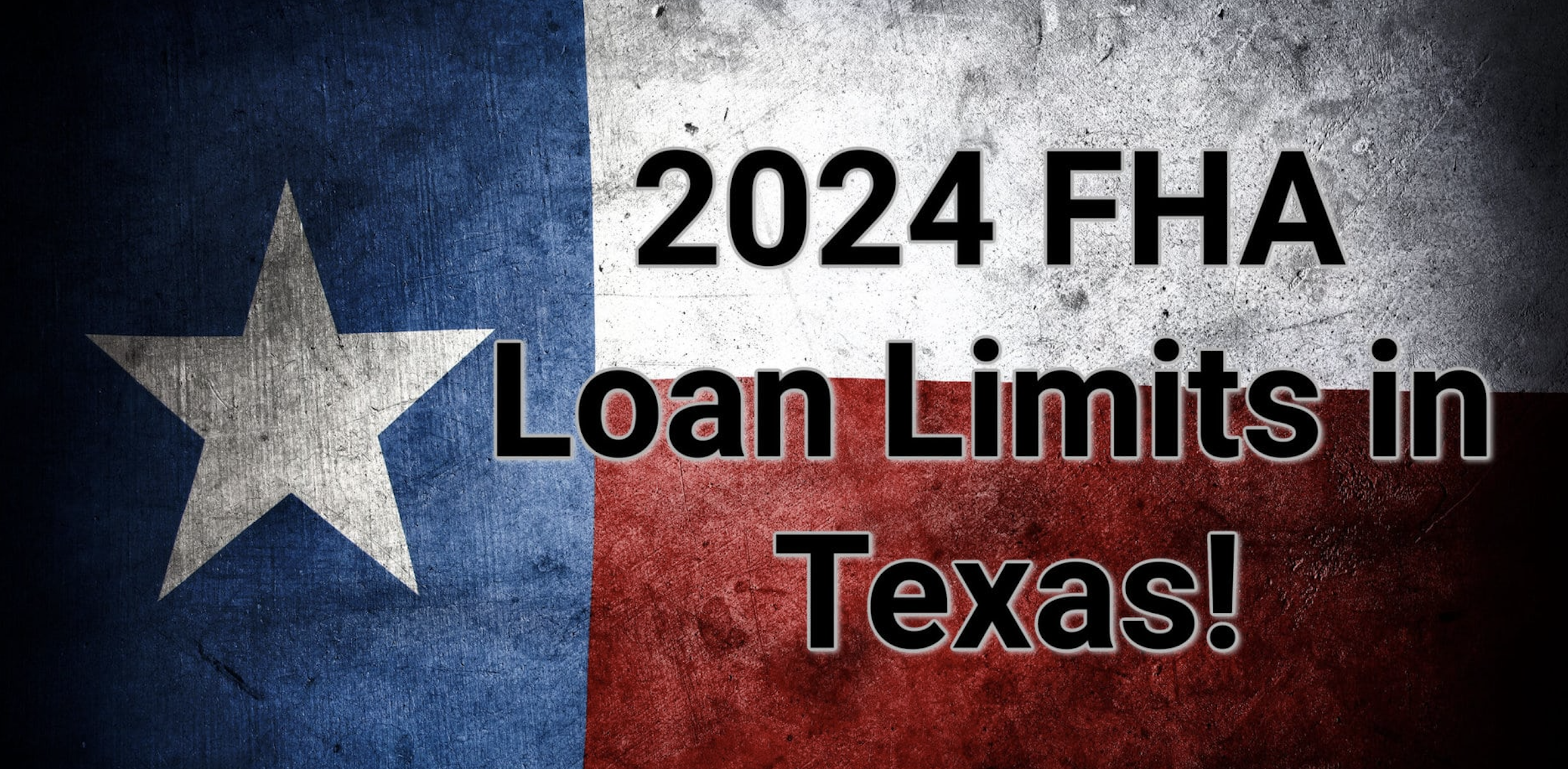Which mortgage is the right one for me? When you want to know what your options are for each type of loan discussed, the mortgage lender should tell you the pros and the cons in light of your particular situation. In this article, we’ll look at what to ask your lender before you commit.
Questions to Ask
What down payment is required? While 20% down is the standard, certain individuals qualify for mortgages with 3% down, or even no down payment. A dedicated lender will spend the time discussing all your options.
Does the property or do I qualify for assistance programs? Lenders familiar with local, state and national down payment assistance programs will not falter with this question.
When is the hard credit check? This is the credit inquiry that does affect credit scores, but lenders need to do this to give you a firm interest rate quote. You’ll want all of them to occur within a short period of time, like within a week, when you’re shopping for more than one lender to minimize the impact on your credit score.
What’s my interest rate? Lenders can adjust your interest rate a number of ways, and most of them involve additional fees. After talking to a few lenders, you’ll have a strong estimate of the interest rate you’ll qualify for.
What is the annual percentage rate? Find out what your annual percentage rate is. The difference between the two is that the APR incorporates all of the embedded fees of the loan.
Do I have to pay for mortgage insurance? Typically, if you’ve paid less than 20% down, the answer will be yes. Even if it’s “lender paid” it’s still passed on as a cost in your mortgage payment. Know just how much mortgage insurance will cost and if it’s an upfront or ongoing charge, or both. Ask if there are other loan programs that you might qualify for that don’t require mortgage insurance.
What will the monthly payment be? By this time your lender should be able to provide a pretty firm number. You’ll also want to ask if there is any prepayment penalty if you pay off the mortgage early if you move or refinance. The answer should be “No.” If it’s yes, you probably want to alter your loan.
Is there an origination fee? An origination is charged by a lender on entering into a loan agreement to cover the cost of processing the loan. It really just provides additional profit for the lender beyond what’s built into the interest rate. Ask about all the lender fees. A professional lender will answer this question easily and provide an explanation for them.
What costs will I pay at closing? These costs are detailed in your loan estimate and your almost time to sign disclosure. All the fees charged by third parties, such as for an appraisal, a title search, property taxes and any other closing costs, will be paid at your loan signing. The sooner you know what they are and how much they are you can do some comparison shopping before making the final decision.
How often will I be notified during the process? How will you be updated; by email, phone, or will your lender create an online portal? Will there only be one person of contact throughout the process? Establish service expectations immediately. When you see how eager the lender is to meet them, you’ll have your basis of comparison among lenders.
How long until my closing date? That’s what all this is for—the day this home can finally be yours—so you need a target date to make preparations for both paperwork signing and move in. Avoid putting new furnishings and the like on credit, as this can cause an issue in your loan going through.
Lone Star Financing Can Help
At Lone Star Financing, we are a Texas-based mortgage company. We want to help you through every step of financing your new home. Fill out the quick contact form or call Lone Star Financing today at 1-800-960-4565 to speak with one of our Texas mortgage specialists and get a free good faith estimate.



